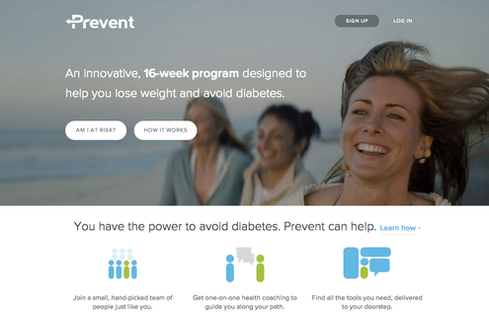HIMSS14: Health IT's Next Boom CycleHIMSS14: Health IT's Next Boom Cycle
We've seen health informatics booms and busts before -- will this one be different?


8 Healthcare Startups Catch Fire
8 Healthcare Startups Catch Fire (click image for larger view and for slideshow)
I've been attending HIMSS for decades, and in my view, the exhibit hall is the place to get a true pulse of the industry and the field in general. Over the years we've seen booms and busts. I remember HIMSS in my hometown of Atlanta during the heyday of health information exchange in the 90s, when the regional phone companies (remember them?) had huge exhibits touting their entry into the health informatics space.
I recall in particular running into a former employee of mine. He was then a key salesperson for a major corporation in the financial sector that was entering a plan to dominate healthcare (I will not name names, to protect the innocent). He offered to buy me a cup of coffee, and I readily agreed since I always liked him. Turned out he wanted me to explain to him why they were in the healthcare space and how they might succeed in it. Clearly a boom followed by a bust.
In 2014, we're again in a boom cycle. Is it different this time? Will healthcare welcome new entrants and new IT-enabled capabilities? Will they transform the industry?
To answer these questions, let's first look at who these new players are. The biggest, glitziest booths are mostly from the analytics companies -- several of which are the biggest health insurers in disguise -- and a couple of them are visually stunning: Times Square at HIMSS! The overriding themes this year are quite clear: interoperability, analytics, population health, and patient engagement.
Wow! Are we actually going to focus on how informatics can fix healthcare? Are the whiz-bang features of one EHR versus another finally less important than whether they can talk to each other? Are we actually going to manage chronic disease patients across providers on a continuous basis and admit that what they do is as important as -- if not more important than -- what providers do?
[Which cloud-based EHRs will win over the hospital market? Read HIMSS14: Cloud EHR Vendors Court Hospitals.]
The answer from the floor of HIMSS seems to be yes, in all cases.
When you talk to the interoperability vendors, most (but not all) understand what an API-based approach to exchange is, and some can even show it. When you talk to the population health management vendors, some have this already built in, and most now offer some form of patient engagement as an integral part of their software suite. I visited one that even offers a sophisticated approach to managing care coordination processes -- all built right in. Conversely, I saw at least one well known EHR system that offers integrated care coordination services.
Moreover, most of these products have simple, attractive, and -- dare I say it -- intuitive user interfaces. I saw one that was done entirely in HTML5. Health IT, even from the major companies, is actually moving into the 21st century.
Finally, the Interoperability Showcase (which last year was somewhat shabby and tucked away from the big boys in the exhibit hall) now shines. It is immediately adjacent to, and seamlessly integrated with, the main exhibit hall -- which itself is the size of several football fields (just ask my feet!). There, the Harvard SHARP team is showing off the latest version of their SMART tools, which are now built using FHIR.
Have we crossed the Rubicon? Sure looks like it. ONC should be proud of what they've accomplished. The final score is far from in, but the game is underway.
A final sad note: the Startup Showcase. HIMSS should be embarrassed. Couldn't they afford to give these promising young companies enough space to adequately show off what they're doing and allow more than a handful of people to see it? Shame.
Download Healthcare IT In The Obamacare Era, the information Healthcare digital issue on changes driven by regulation. Modern technology created the opportunity to restructure the healthcare industry around accountable care organizations, but ACOs also put new demands on IT.
About the Author
You May Also Like






